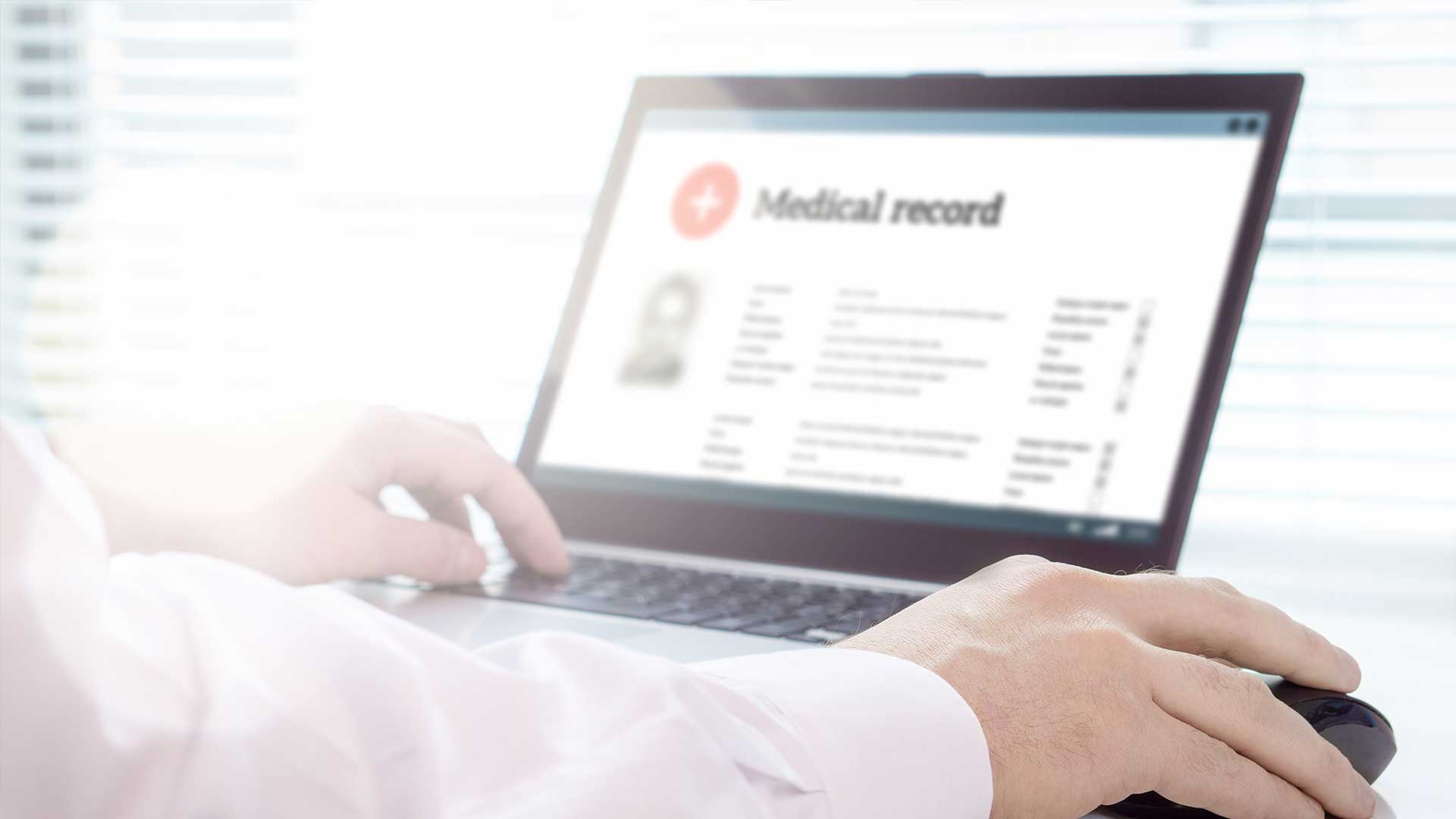Patient First: Enhancing Healthcare Through Digitized Medical Records
Table of contents
In today's rapidly evolving healthcare landscape, patient care and efficient healthcare management are more critical than ever. The transition to digitized medical records has played a pivotal role in reshaping the industry, prioritizing patient well-being, data analytics, and fostering inter-departmental collaboration. In this article, we will explore the manifold benefits of electronic health records (EHRs) and shed light on how they are revolutionizing the healthcare sector.
The healthcare sector has undergone a significant transformation in recent years, largely driven by technological advancements. One such transformation that has left a profound impact is the digitization of medical records. Electronic Health Records (EHRs), also known as digitized medical records, have emerged as a game-changer, not only streamlining administrative processes but also significantly improving patient care.
The Power of EHRs
Electronic Health Records (EHRs) are digital versions of a patient's paper chart. They contain the patient's medical history, diagnoses, medications, treatment plans, immunization dates, allergies, radiology images, and laboratory test results—all of which are instantly accessible to authorized users. The adoption of EHRs has revolutionized healthcare delivery in several ways.
Focusing on Patient Care
Question: How do EHRs enhance patient care in healthcare settings?
EHRs prioritize patient care by providing healthcare professionals with instant access to a patient's complete medical history. This ensures better-informed decision-making, reduced medical errors, and improved patient outcomes.
Empowering Data Analytics
Question: How do EHRs facilitate data analytics in healthcare?
EHRs generate vast amounts of data that can be harnessed for insights. Healthcare institutions can analyze this data to identify trends, track disease outbreaks, and improve treatment protocols, ultimately enhancing overall healthcare quality.
Inter-Departmental Collaboration
Question: How do EHRs foster collaboration among different healthcare departments?
EHRs break down silos within healthcare organizations by enabling seamless sharing of patient information among various departments. This results in better-coordinated care and improved patient experiences.
Enhancing Telemedicine
Question: How have EHRs contributed to the growth of telemedicine?
EHRs have played a pivotal role in the expansion of telemedicine services. Healthcare providers can access patient records remotely, making telemedicine consultations more effective and efficient.
Ensuring Data Security and Privacy
Question: How do EHRs address data security and patient privacy concerns?
EHR systems are designed with robust security measures, including encryption and access controls, to safeguard patient data. Compliance with healthcare regulations ensures patient privacy is maintained.
Frequently Asked Questions (FAQs)
Are EHRs accessible to patients themselves?
Yes, many EHR systems offer patient portals that allow individuals to access their own medical records, schedule appointments, and communicate with healthcare providers.
Can healthcare providers share EHRs with other institutions or providers?
Yes, EHRs are designed for interoperability, allowing healthcare providers to share patient records securely with other institutions or providers when necessary.
Do EHRs reduce administrative burdens on healthcare staff?
Absolutely, EHRs streamline administrative tasks such as appointment scheduling, billing, and insurance processing, reducing administrative burdens on healthcare staff.
Are EHRs only beneficial for large healthcare institutions, or can smaller practices also benefit?
EHRs offer benefits to healthcare practices of all sizes. They improve efficiency, reduce errors, and enhance patient care, making them valuable for practices of any scale.
Are EHRs cost-effective in the long run?
While there is an initial investment in implementing EHR systems, the long-term benefits in terms of improved patient care, reduced costs, and streamlined operations make them cost-effective for healthcare organizations.
Can patients access their EHRs from mobile devices?
Yes, many EHR systems offer mobile applications, allowing patients to access their medical records conveniently from smartphones and tablets.
Conclusion
The digitization of medical records through Electronic Health Records (EHRs) has ushered in a new era of healthcare—one where patient care, data analytics, and collaboration take center stage. By focusing on patient well-being, empowering data-driven decision-making, and fostering inter-departmental collaboration, EHRs have become an indispensable tool in the modern healthcare ecosystem.
Ready to embrace the future of healthcare with digitized medical records? Fill out our "get a quote" form to discover how document scanning services can seamlessly transition your healthcare institution into the era of patient-centric, data-driven care.
Share this
You May Also Like
These Related Stories

How to Find the Best Medical Records Scanning Company

Healing Insights: How Document Scanning Powers Healthcare Research

